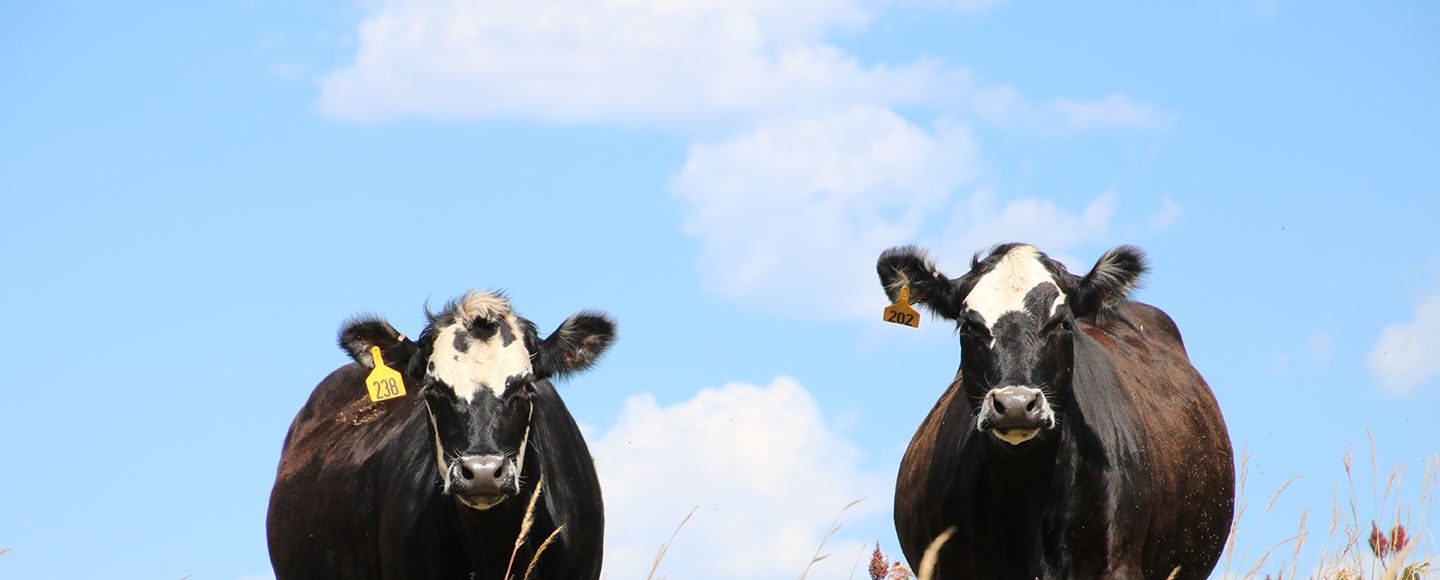
The Legislature had a busy start to the week wrapping up final committee meetings and bill hearings. They then spent the remainder of the week working bills in the full House and Senate.
Milk marketing trust - HB 2254, supported by KLA, passed the Senate on a vote of 40-0. The bill, requested for introduction by KLA, would require milk processors to hold payments in trust for producers until full payment is received. It also requires a milk producer to give written notice of nonpayment within 30 days after the payment was due to be eligible to receive the trust funds. Having passed both chambers in the same form, the bill will head to the governor’s desk.
Water - HB 2172 passed the Senate on a vote of 40-0. The bill would establish a Water Program Task Force to evaluate the state’s water programs to ensure available resources are being spent efficiently and funding is adequate.
HB 2085 passed the Senate 40-0 and will head to the governor’s desk. The bill, which only applies to state permits for confined feeding facilities with less than 1,000-head capacity, would extend the term of a state water pollution control permit from five to 10 years.
SB 58, supported by KLA, passed the House on a vote of 119-2 and now awaits the governor’s signature. SB 58 would modify the current multi-year flex account statute to move away from using historical water use to determine the base allocation for producers with irrigation water rights. KLA believes the legislation will help producers conserve water.
Energy - HB 2107 passed the Senate on a vote of 36-2 with an amendment limiting claims to 10 years after a fire event. KLA, jointly with Kansas Farm Bureau, previously provided neutral testimony on the bill. The bill codifies current laws in the statute regarding liability for damage caused by wildfires due to the fault of a public utility. KLA initially opposed the bill due to concerns it would limit the recovery of landowners when their property is damaged or destroyed by a fire. KLA worked with the electric utilities that drafted the legislation on an amendment in the House that struck problematic language regarding how economic damages would be calculated. The bill will head to a conference committee this week.
HB 2040, supported by KLA, passed the Senate 39-1. The bill would extend the timeline from 120 to 180 days in which the Kansas Corporation Commission can make a final order on a transmission line siting application. Extending the timeline could allow additional opportunities for public and landowner input and promote clarity in the process.
Poultry fees - SB 89, which would enable the Kansas Department of Agriculture to charge fees for services being provided to the poultry industry, such as disease prevention plans and diagnostic testing, passed the House 123-0. KLA supported the bill because these services currently are supported through the animal disease control fund, with fees assessed on cattle and other livestock. The bill now moves to the governor’s desk.
Property tax - KLA testified neutral on HCR 5011 in the Senate Tax Committee. The proposed constitutional amendment would change how residential property is valued for tax purposes. It would allow property to be valued based on fair market value or a rolling average. KLA acknowledged a rolling average may take away some of the sharp annual changes in property valuations. KLA urged caution with implementation of the rolling average and suggested it be phased in to avoid adverse impacts to other property classes, such as agricultural land. When the committee worked the bill, it stripped out the original language and inserted the contents of SCR 1603. This proposed constitutional amendment would cap property tax valuation increases at 3% per year. KLA testified in opposition to SCR 1603 as it would inequitably shift the local property tax burden, which on average comprises about 85% of the mill levy, away from faster-growing subclasses of property like residential to slower-growing subclasses like commercial and agricultural land. The substitute resolution passed out of committee and then the Senate with a vote of 30-10.